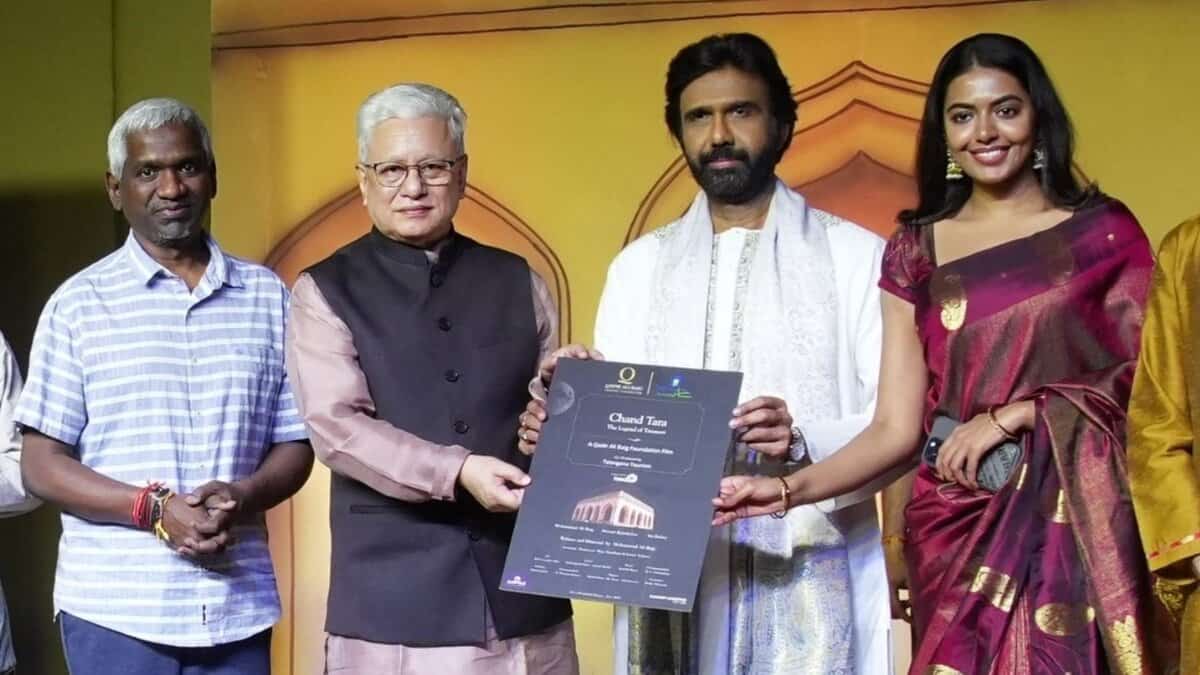In a democracy, even a flawed one like India’s, the courts are rightly seen as the measure of last resort for seeking justice, especially in a case of violence against the marginalised or sexual violence against women. Then come along judgements that cause disbelief. The Sealdah sessions court judgement in January sentencing the prime accused in the horrific rape-murder of a trainee doctor last year in RG Kar Hospital to life imprisonment, not handing down the death penalty, was shocking. This week, the Chhattisgarh High Court held that a husband cannot be prosecuted for the offence of rape under Section 376 or unnatural sex under Section 377 of the Indian Penal Code for having unnatural sex with his wife even without her consent.
“If the age of wife is not below age of 15 years, then any sexual intercourse or sexual act by the husband with his wife cannot be termed as rape, as such absence of consent of wife for unnatural act loses its importance,” stated Justice Narendra Kumar Vyas in the case of a Jagdalpur-based man, acquitting him of the rape and murder charges he was convicted for by a trial court in Bastar in 2017. The wife had stated in her dying declaration in the hospital that the accused, her husband, had forced unnatural sex on her, causing pain and injury that, her relatives said, landed her in the hospital. The trial court handled it sensitively. The High Court, however, used the status quoist patriarchal lens that the wife must acquiesce with all that her husband dishes out. This, unfortunately, will not be the last such case.
It has brought the focus back on the complicated, awkward, and sensitive issue of marital rape and, separately, on consent. As studies and rights activists have pointed out over the years, marital rape is a reality for a large number of women and needs a place in India’s criminal jurisprudence. However, the Government of India told the Supreme Court last year that, although a husband does not have the right to violate the consent of his wife, terming such a violation as “rape” would be “excessively harsh and disproportionate.” Can it look the Jagdalpur woman’s relatives in the eye and say the same words?
If consent of a wife has no value, to accept the Chhattisgarh HC ruling, then it loses some of its power in a man-woman relationship. A National Family Health Survey in 2015-16 revealed that nearly one in every three women had experienced violence from their spouses, with some of it being sexual, which was the most under-reported. Consent matters, even in a marriage. If the judiciary, and through it the society, does not recognise this, then the women of India lose more than a sliver of hope.

















































